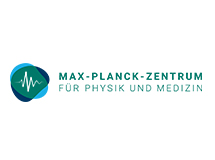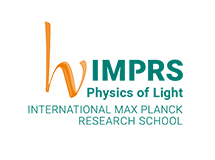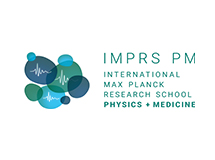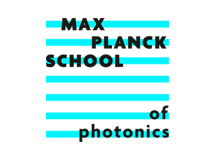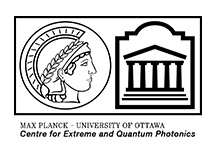
Steven M. Girvin - Efficient Programmable Quantum Simulation of Correlated Bosons and Lattice Gauge Theories
Virtual Lecture
Abstract:
It is well-known that interacting fermions are difficult to simulate on quantum computers because of the sign problem. It is less widely appreciated that simulations of models containing bosons can be even more difficult—unless the hardware contains native bosonic degrees of freedom. The ability of superconducting quantum processors to control and make quantum non-demolition (QND) measurements of individual microwave photons is a powerful resource for quantum simulation, especially for simulation of condensed matter models and lattice gauge theories containing bosons.
I will illustrate these capabilities with recent experiments on a programmable quantum simulator that uses efficient boson sampling of microwave photons to predict the Franck-Condon vibrational spectra of various small molecules. I will also explore possible future directions for simulation of quantum many-body problems such as the fractional quantum Hall effect for interacting bosons.
Biography:
Steven M. Girvin is Eugene Higgins Professor of Physics and Professor of Applied Physics, Yale University, USA.
Together with his experimentalist colleagues Michel Devoret and Robert Schoelkopf, Professor Girvin co-developed ‘circuit QED,’ the leading architecture for the construction of quantum computers based on superconducting microwave circuits.

